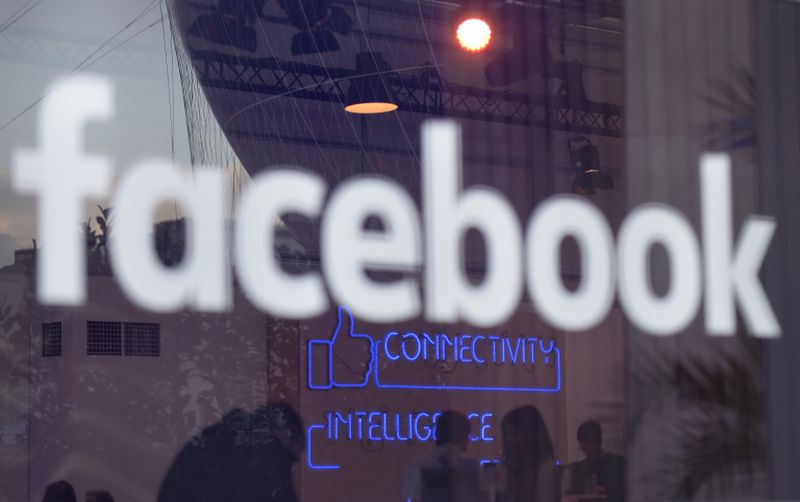WASHINGTON, July 2 — Facebook and YouTube said today they were moving to reduce the spread of misleading health care claims after a media report showed the proliferation of bogus cancer cures on social media.
Facebook said it made changes to its page-ranking algorithm to reduce “posts with exaggerated or sensational health claims” and attempts to sell products based on these claims. YouTube said separately it was taking similar actions.
The Wall Street Journal today published a report based on its own investigation showing the prevalence on Facebook and YouTube of fake claims such as the use of baking soda injections to cure cancer.
The report said Facebook and Google-owned YouTube outlined their plans to curb the spread of such fake medical claims after being presented with the findings of the investigation.
Facebook said it made changes last month as part of efforts to reduce the spread of misleading medical claims including from groups opposing the use of recommended vaccines.
“In order to help people get accurate health information and the support they need, it’s imperative that we minimize health content that is sensational or misleading,” Facebook product manager Travis Yeh said in a blog post.
“We handled this in a similar way to how we’ve previously reduced low-quality content like clickbait: by identifying phrases that were commonly used in these posts to predict which posts might include sensational health claims or promotion of products with health-related claims, and then showing these lower in news feed.”
The Journal report, based on interviews with doctors, lawyers, privacy experts and others, found numerous false or misleading claims about cancer therapies online.
These included videos advocating the use of cell-killing ointments that could be dangerous, unverified dietary regimes, or unvalidated screening techniques.
YouTube said it has been working for some time to reduce the spread of misinformation on the platform.
“Misinformation is a difficult challenge and any misinformation on medical topics is especially concerning,” a YouTube spokesperson said in an emailed statement today.
“We’ve taken a number of steps to address this including surfacing more authoritative content across our site for people searching for cancer treatment-related topics, beginning to reduce recommendations of certain medical misinformation videos and showing information panels with more sources where they can fact check information for themselves.” — AFP






















